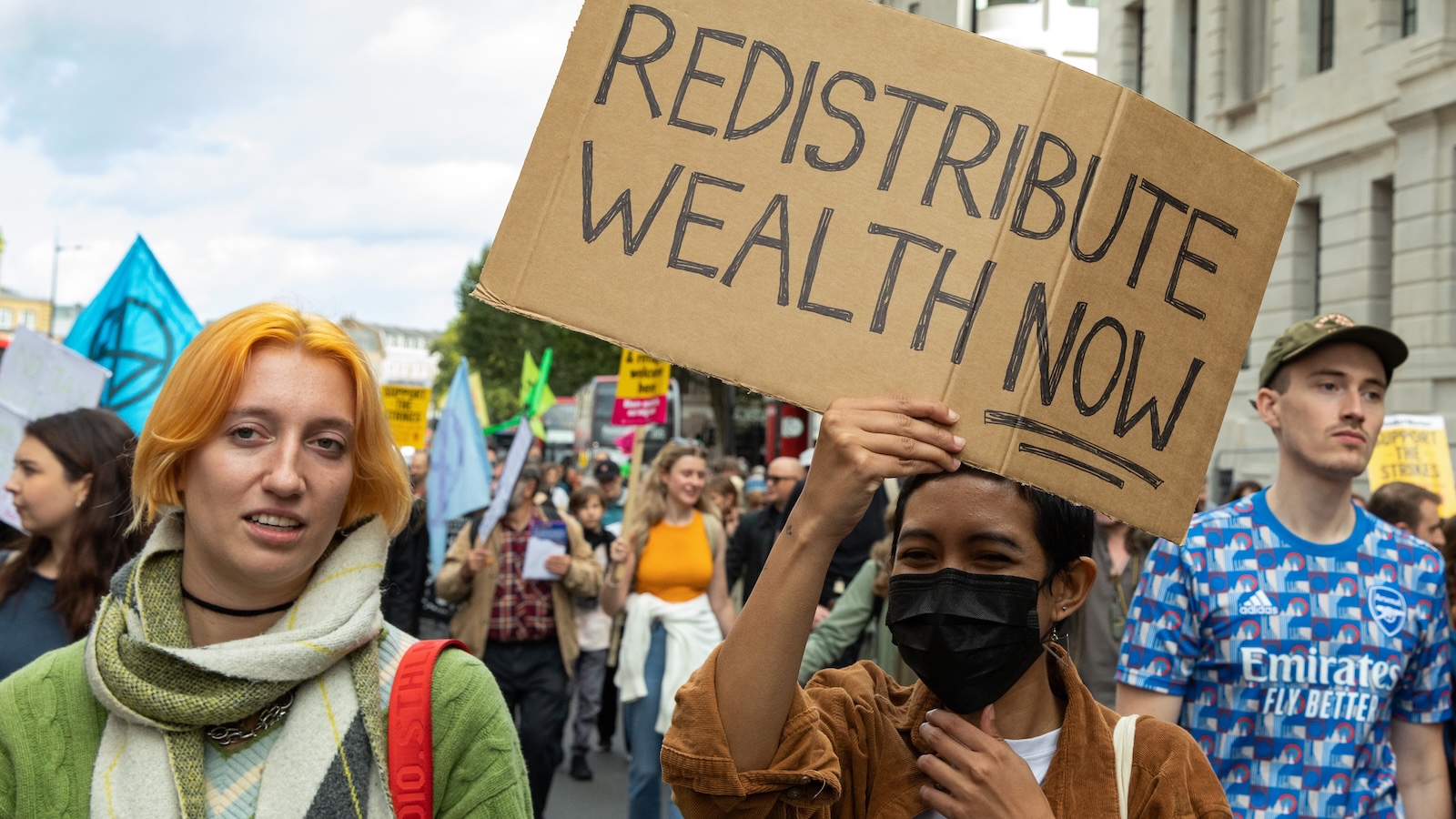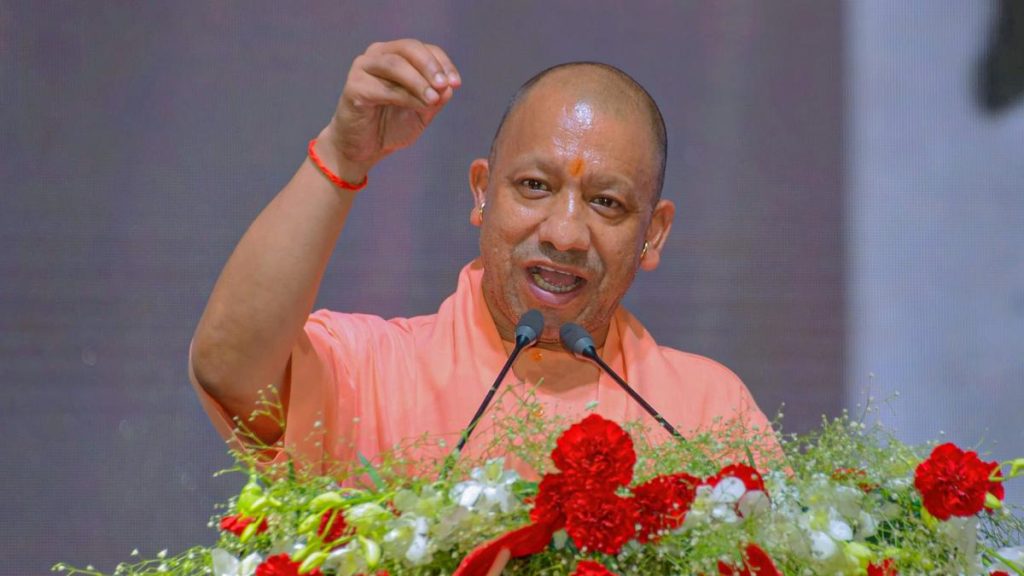Now Reading: Global Majority Backs Carbon Tax, Even with Personal Costs
-
01
Global Majority Backs Carbon Tax, Even with Personal Costs
Global Majority Backs Carbon Tax, Even with Personal Costs

Quick Summary:
- A global survey of 40,680 people across 20 nations investigated attitudes towards a carbon tax aimed at addressing climate change and reducing poverty.
- The policy involves taxing individuals based on their carbon footprint, redistributing funds globally with each person receiving about $30 per month.Those with larger carbon footprints would pay more, while those with smaller ones would gain financially.
- Support was highest in Japan (94%) and widespread across European Union nations (up to 75%), but lower in the United States (~50% support overall).
- The study sampled both high-income countries (12) and middle-income countries such as India, Mexico, and Ukraine.
- Canada’s previous experience with similar policies showed initial public support but later backlash due to perceived economic costs like rising fuel prices. These issues were compounded by opposition campaigns from vested interests.
- Researchers suggested that climate policies which simultaneously tackle inequality are generally better received by the public.
Indian Opinion Analysis:
The survey offers valuable insights into global attitudes toward integrating economic equity measures within climate policies. For India-a middle-income country included in the study-the findings highlight an opportunity for policymakers to explore solutions that balance environmental sustainability with socio-economic benefits. If implemented thoughtfully, a similar redistribution-focused policy could address pressing concerns around poverty while advancing climate goals.
However, challenges remain.India’s reliance on fossil fuels and its rapidly growing economy add complexities to adopting taxation schemes tied to individual emissions footprints.Public acceptance will likely hinge on transparent mechanisms ensuring tangible benefits for lower-carbon-footprint citizens while minimizing resistance from industrial sectors or consumers facing increased costs.
This type of future-ready policymaking calls for balancing short-term political feasibility with long-term social progress-something governments worldwide must carefully navigate as they consider such initiatives.

























